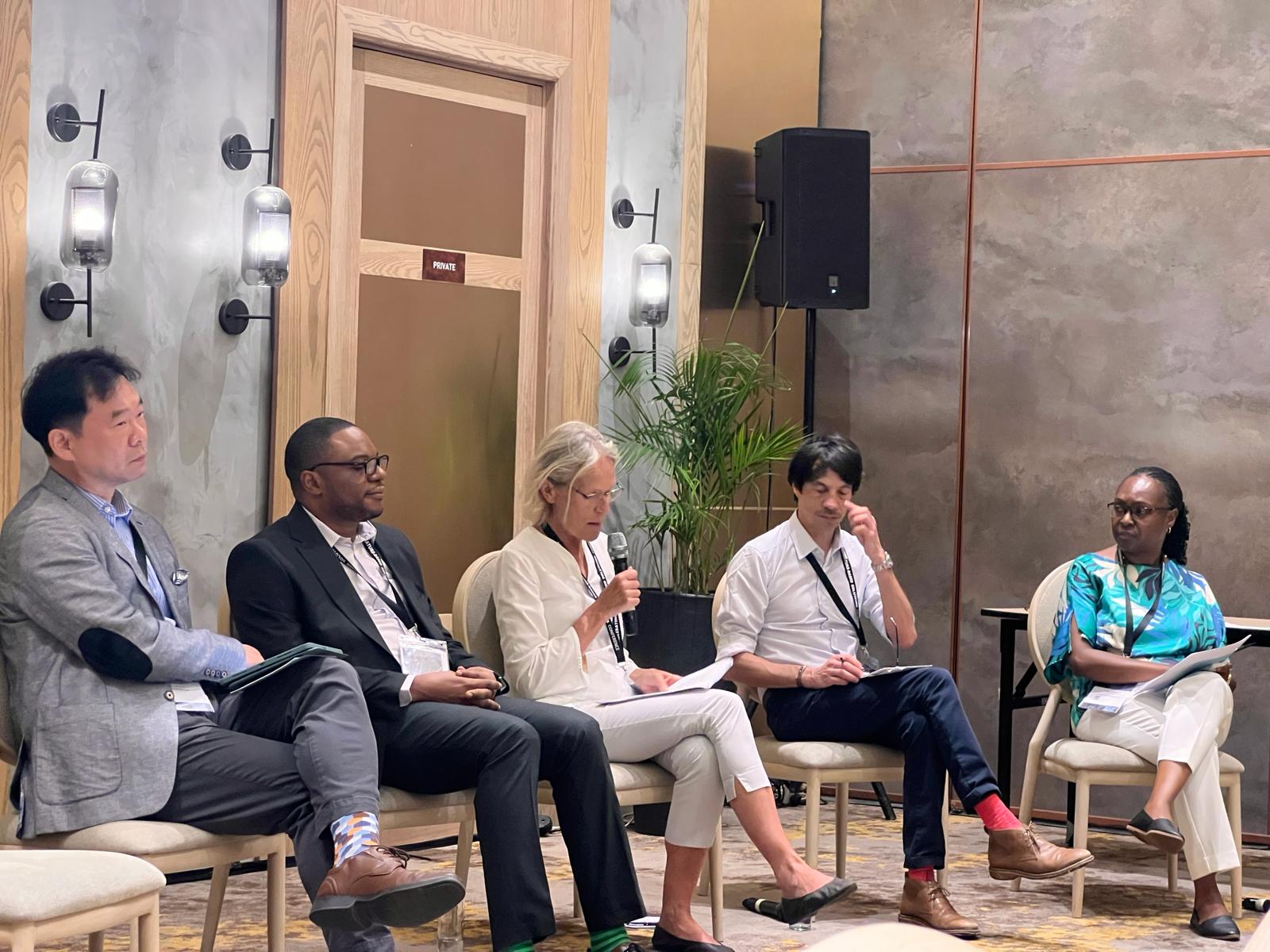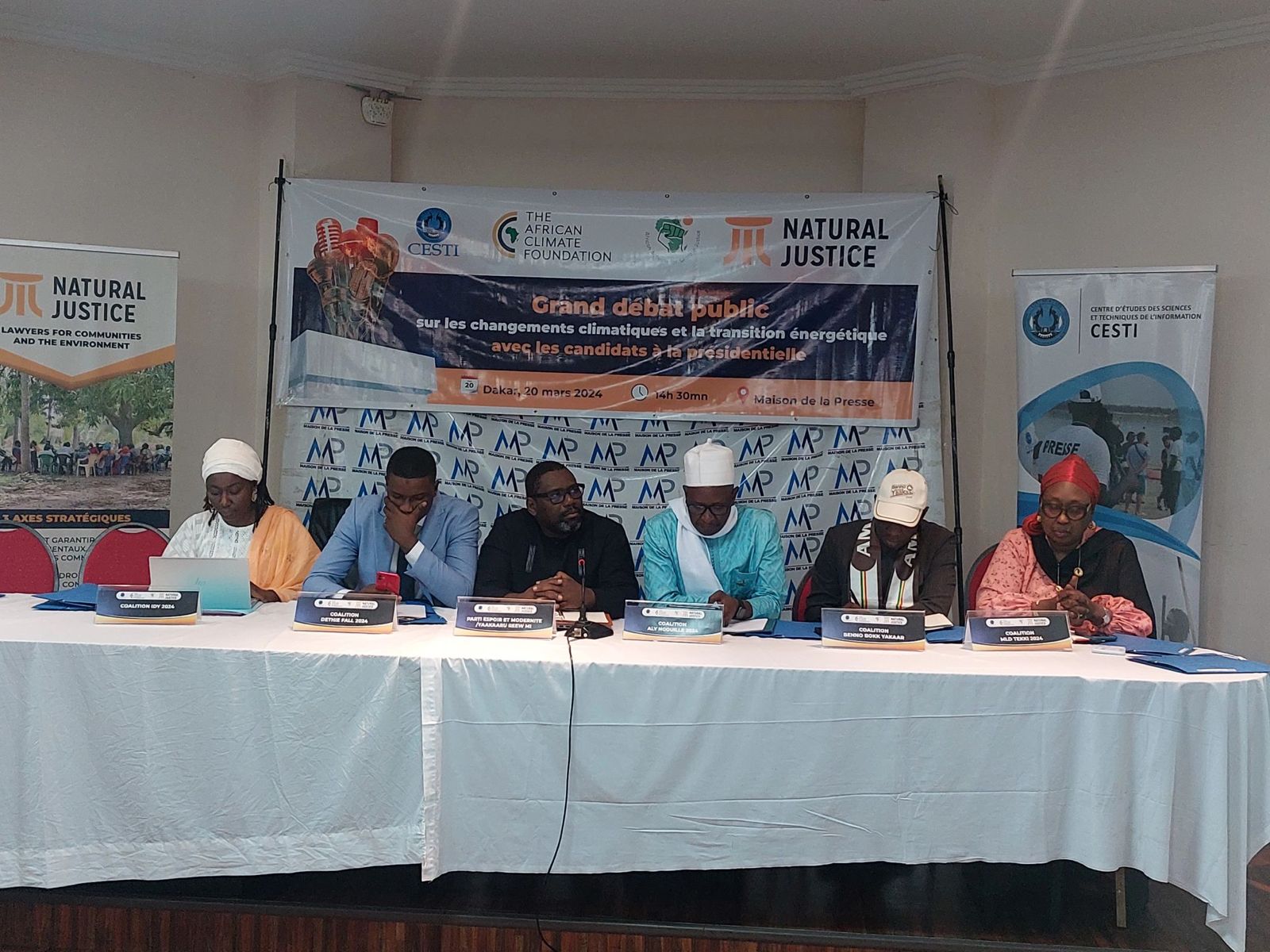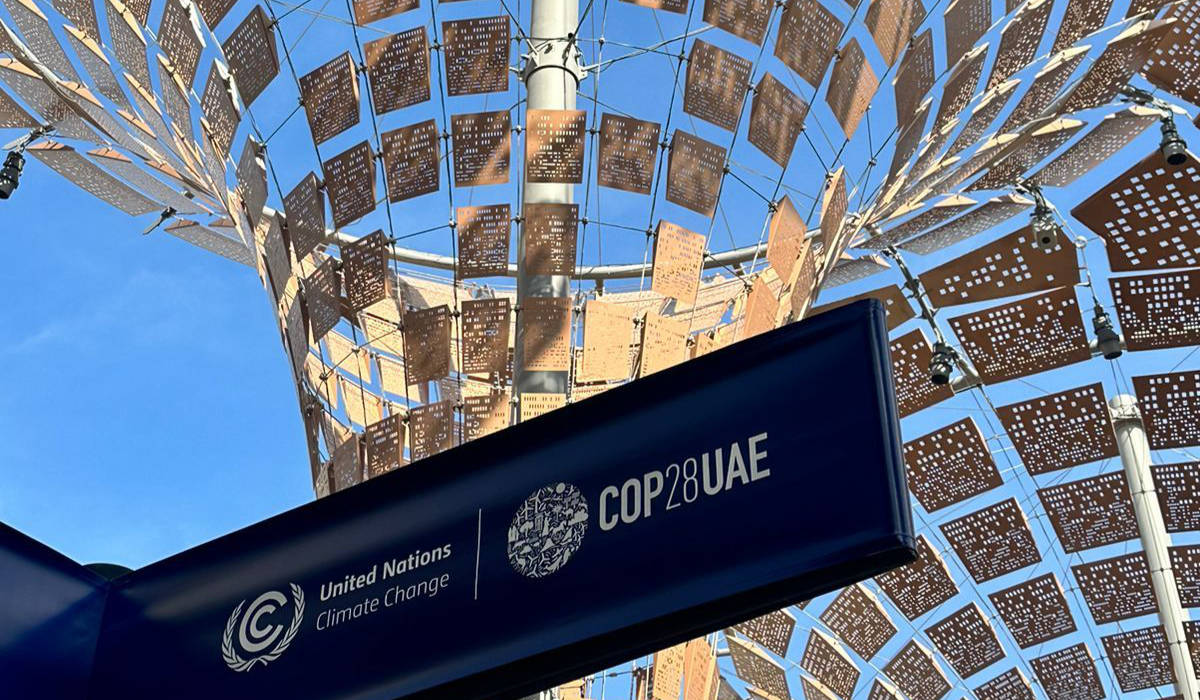South Africa’s commitment to cutting its emissions and evolving to a cleaner, greener technology has won praise at this year’s climate talks in Glasgow. But how can the country move to a new green future without leaving its most vulnerable behind?
The journey toward a net-zero carbon target (which means that the amount of emitted greenhouse gases will be balanced with the equivalent emissions that are either offset or sequestered) by 2050 will not be easy, particularly for the thousands of workers who make their living from fossil fuels in coal-dependent South Africa. Investors have indicated that they are ready to throw money at South Africa’s climate transition because there are promises of profit in a future involving clean energy technology.
But shutting down South Africa’s coal industry, which for generations has been the backbone of its economy, has raised fears of coal ghost towns filled with unemployed, unskilled workers who would be left behind in the country’s green revolution.
The challenge is to ensure that no one, particularly vulnerable South Africans, gets left behind, and to get every citizen to buy into the new green deal. The trade union sphere believes that the energy transition is an opportunity to address South Africa’s desperately unequal society.
Unions in South Africa, who coined the term “just transition” at a 2018 jobs summit, insist that it should be at the centre of any climate policy in South Africa, with real inclusion of both workers and communities. A transition should not lead to more unemployment, something that South Africa is already struggling with.
But money is needed to drive this just transition, not mere loans that would plunge South Africa into even greater debt. Estimates are that it could cost as much $9.78 billion to finance the new green deal.
Last week, the South African government announced that France, Germany, the United Kingdom and the United States, as well as the European Union, had pledged R131 billion over the next three to five years in the form of grants, concessional loans and investment and risk-sharing instruments, including mobilising private sector funding.
These funds will be used to fund the transition, South Africa’s Presidential Climate Commission (PCC) has stated.
It is the PCC that will drive South Africa’s climate transition, and that will have to ensure that the transition is, in fact, just. The PCC’s main mandate is to advise the country on its climate change response, strategy for a climate transition and to recommend what the emission cuts should be.
The commission was formed by President Cyril Ramaphosa in 2020 after jobs summits expressed concern about job losses and a “just transition”, as South Africa investigated ways to shed its reliance on coal.
Much of it centres on a practical guide on how to apply a just transition.
Read part one for more.



